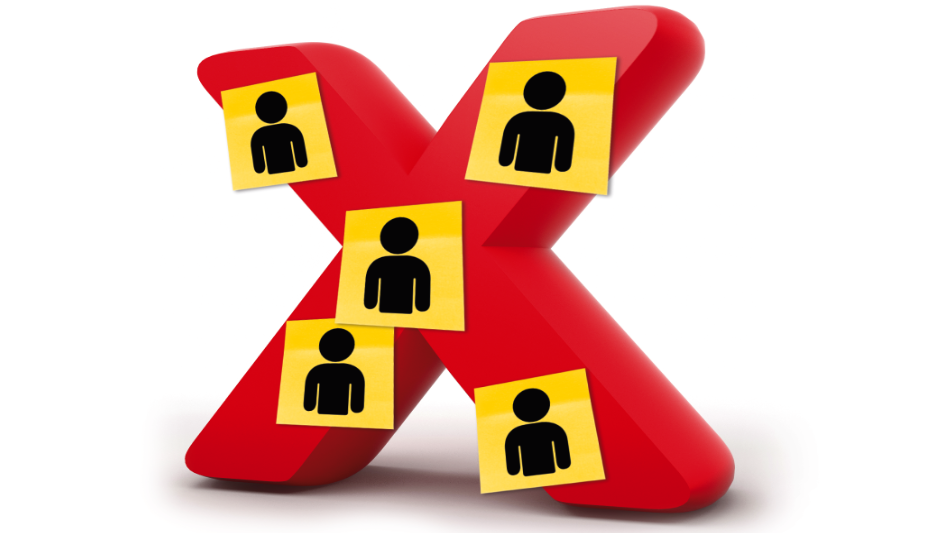All
When Is a Customer Not a Customer?
by Marty Kirshner, CPA, MSA & Joe Ciccarello, CPA, MST, Gray, Gray & Gray, LLP

Tips for maintaining an updated account list
Every fuel oil and propane dealer loses customers, and each for a different reason. Maybe the customer sold their home and moved out of your service area. Or converted to pipeline gas. Or installed a heat pump. Or switched to a dealer offering discounted prices. Or passed away. Whatever the reason, at some point, certain customers need to come off your active customer list. The question is, when?
The answer is not a simple one. Nobody wants to give up on a customer. As long as they are heating their home, there is always a chance that you can win them back, right? In many cases, heating fuel dealers are reluctant to shrink their customer list by even a single name. However, it is important to keep an accurate record of who is — and who is not — a customer. This information is essential for accounting, hedging, supply management and business valuation purposes.
Here are some situations that could indicate a customer should no longer be considered a customer.
Death. Pretty cut and dried, unless the account can be shifted to a surviving spouse or whoever inherits the house.
Sold their home. A home sale does not necessarily mean a lost customer. If the customer moves to a new home within your service area, you have an opportunity to retain them. Plus, you can work to secure the new home buyer. Working with real estate agents is one way to know when a house changes hands, and which homes that are “on the market” will need continued fuel deliveries.
Sold their home and moved out of your service area. If you can no longer service the customer, there is no reason to retain them on an active customer list. But be careful that you are not making deliveries that will never be paid by an absent customer. Again, work with real estate professionals. Many purchase contracts and listing agreements specify that the seller must continue to provide utilities while they are selling their home.
Has not had a fuel delivery in “x” number of months. A customer with little to no activity on their account for a period of time should first be contacted by your sales team to try to discover why they have left and to recover the business. If you can’t win them back immediately, you may wish to change their status to “prospect.” But you can’t keep them on the customer list when they are not buying from you.
Has not paid their bill in “x” number of months. First, find out why the bill hasn’t been paid. Is it due to a job loss? Illness? Try to work with the customer to resolve the past due amount, perhaps with a payment plan or through the Low-Income Home Energy Assistance Program. Did they jump to a new fuel supplier and leave you holding the bag for your last delivery? Or is the customer simply choosing to not pay their bill? Take them off the active list. Who wants a deadbeat as a customer?
You need to decide how much time and energy you want to invest in recovering a lost customer. Your management and accounting software program should be able to tell you which of your customers are profitable (making them worth fighting for) and which are less desirable.
There are other reasons to remove lost customers from your list:
- To measure how well the company is doing through organic growth.
- To get an accurate picture of how many customers you are losing.
- If you are selling your company, you need to have an accurate list of customers for the buyer.
- Following an acquisition, to know how many new customers you have gained versus how many you have lost. Generally accepted accounting principles typically require you to keep an accurate count during an acquisition. (As a bonus, this is also the kind of information that can be very helpful in your next deal.)
Of course, the best way to avoid losing a customer is to treat them well in the first place. Communicate frequently and openly, listen to their concerns, and address all complaints immediately. Treat your customers right and they are much more likely to remain on your active list.
Marty Kirshner and Joe Ciccarello are Partners in the Energy Practice Group at Gray, Gray & Gray, LLP, a business consulting and accounting firm that serves the fuel oil and propane industry. They can be reached at powerofmore@gggllp.com or 781-407-0300.
Related Posts
 8 Strategies for Effective Wealth Transfer in a Business Succession
8 Strategies for Effective Wealth Transfer in a Business Succession
Posted on June 16, 2025
 What Do Drivers and Technicians Want?
What Do Drivers and Technicians Want?
Posted on May 14, 2025
 Long-Term Demand and Equipment Investments
Long-Term Demand and Equipment Investments
Posted on May 13, 2025
 Show Me the Money
Show Me the Money
Posted on April 28, 2025
Enter your email to receive important news and article updates.
